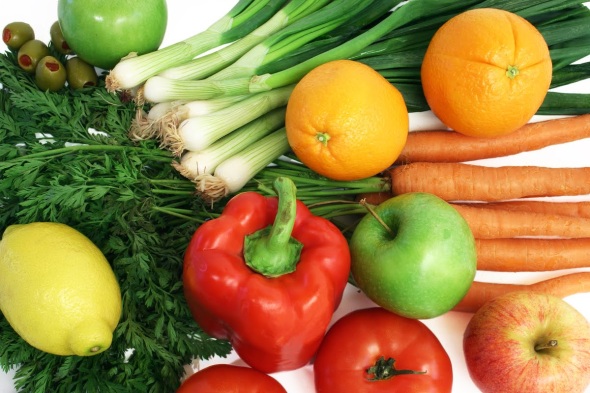5 Important Tips for a Post Birth Diet

For most new mums there is nothing more important (after the health and happiness of their new bundle of joy) than shedding all that excess weight and returning to the figure they once were.
But dieting for new mums is not quite the same as it is for your ‘regular’ dieter. A new mum needs to be consuming food groups that replenish certain nutrients to boost her health after labour yet still cutting back on those foods that store any unwanted fat.
Unlike normal dieters, a new mom’s body is in need of certain nutrients to keep her—and her child—healthy. Pregnancy takes its toll; physically and emotionally. Many women are left with a feeling of total exhaustion. And some of course experience depression. If sleep deprivation was an issue during pregnancy is very likely that it will continue for the foreseeable future too.
So food and diet is going to be one of the most important factors for not just shedding those unwanted postpartum pounds but also for fighting depression and most importantly to give you the energy that you need to look after your very demanding addition to the family.
The following foods will help you to gain control over your weight, trim up and give you the energy that you need, all while boosting your happiness.
Fill yourself up on ‘Proteins’
First of all the foods that you choose need to fight-hunger in the most effective way. Choose high-protein foods over carbs. Yes carbs fill us up fast and make us happy but unless you have a rigorous daily exercise routine, which you are not likely to if you only just given birth and your body is still recovering, your body will store them as fat, which you don’t want. Many high-protein foods such as fish, beef and eggs all of which are rich in iron and vitamin B12 will fill you up and boost energy levels.
Replenish Important ‘Vitamins’
You might not be aware but it isn’t only your pregnancy that has left vitamins in need of replenishment, breastfeeding is also a cause for you loose important vitamins. The following foods will help you replenish these.
Vitamin A – Spinach, kale, watercress, tomatoes and carrots.
Vitamin C – Oranges, Lemons broccoli, Kiwi and green leafy vegetables.
Vitamin D – Fortified cereals and milk, soya milk and eggs .
Vitamin E – Olive oil, avocado, apples, carrots, nuts and seeds.
Potassium – Bananas, squash and avocados
Boost your ‘Minerals’ intake
Assuming that you are breastfeeding, your calcium intake is going to be another important factor in your diet. It is recommended that your daily intake should be around 1,000 mg. It isn’t only milk that contains this bone strengthening mineral. Calcium can also be found in almonds, green leafy vegetables such as kale, watercress and spinach. If you are lactose intolerant then fortified soya milks are available.
Get your daily dose of ‘Omega-3’
Omega-3 is an important fatty acid that helps with brain growth in infants but will also help fight post-natal depression. DHA, a form of omega-3 is found in breastmilk and by eating fish such as salmon and tuna and fish oil supplements as well as walnuts this will help you to ensure that your body has the amount that it needs. The recommended daily intake should be 0.5 grams per day.
Select foods that a full of ‘Fibre’
Constipation is a common complaint during pregnancy and it can be a huge discomfort for some women. Postpartum constipation is also a common symptom from taking prenatal vitamins. If you have had a vaginal delivery then your perineum may be very tender or sore. Fibre is one thing that your post delivery diet should definitely include. Foods such as nuts and seeds, wholegrain, fruits and vegetables should be consumed regularly. However try to choose fruits with low sugar content to aid weight loss.
